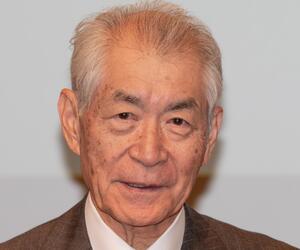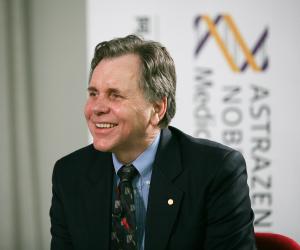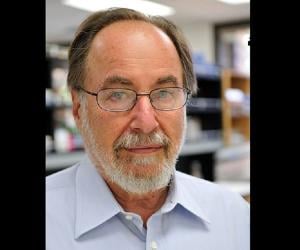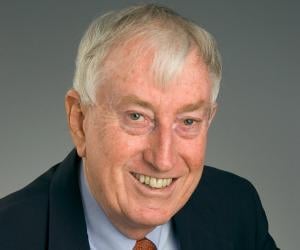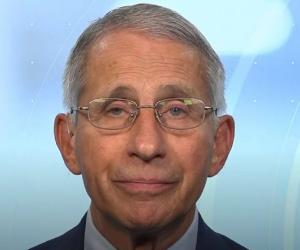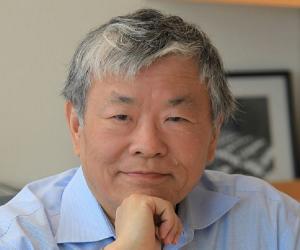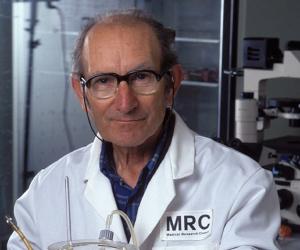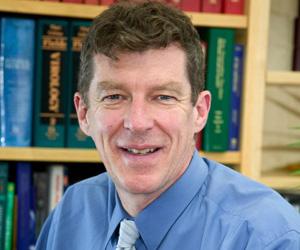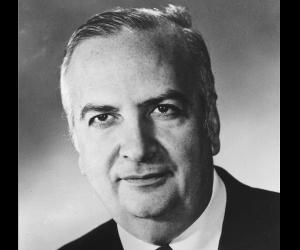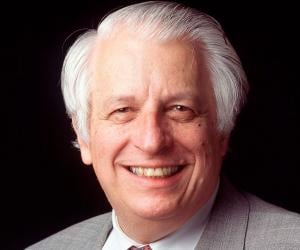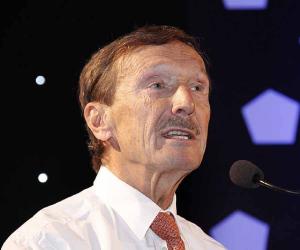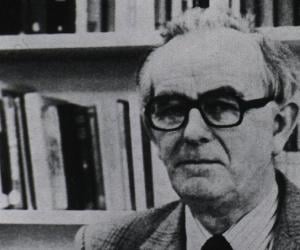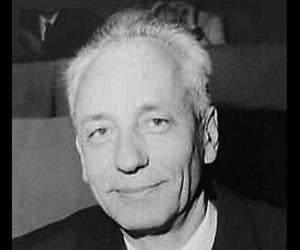Nobel Prize-winning Japanese immunologist Tasuku Honjo is known identifying the programmed cell death protein 1 and for revolutionizing cancer immunotherapy. Initially part of the University of Tokyo's faculty of medicine, he later taught genetics, immunology, and medical chemistry at several institutes. He was a foreign associate of the U.S. National Academy of Sciences.
Nobel Prize-winning Australian physician Barry Marshall, along with his colleague Robin Warren, proved that gastric ulcers were caused by the bacteria Helicobacter pylori and not by spicy food and other causes as previously believed. Their research made it possible to cure such ulcers by treating the bacteria with antibiotics.
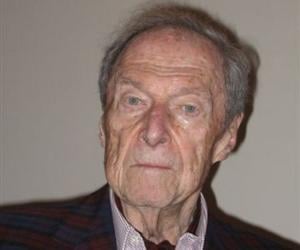
Hilary Koprowski was a Polish virologist and immunologist. He spent the majority of his career in USA and created an effective live polio vaccine. He also contributed significantly to the development of an improved rabies vaccine. He was the author or co-author of over 875 scientific papers. He was the recipient of many awards, including the Albert Sabin Gold Medal.
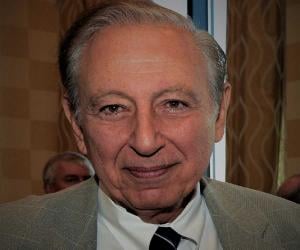
Robert Gallo is an American biomedical researcher best known for his immense contribution in ascertaining HIV as the infectious agent accountable for AIDS. He also played a major role in the progression of the HIV blood test and subsequent HIV research. He is also credited with co-founding the Institute of Human Virology at the University of Maryland School of Medicine.
David Baltimore is an American university administrator and biologist. He is currently serving as President Emeritus at the California Institute of Technology (Caltech). He won the 1975 Nobel Prize for Physiology or Medicine for his discoveries concerning the interaction between the genetic material of the cell and tumor viruses. In 1999, he was honored with the National Medal of Science.
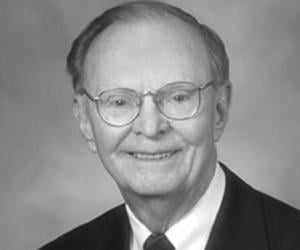
Richard M. Krause was an American physician, immunologist, and microbiologist. From 1975 to 1984, he served at the National Institute of Allergy and Infectious Diseases as its director. He later served at Emory University as the dean of medicine. Richard M. Krause also worked as a professor at Rockefeller University.
Peter C. Doherty is an Australian veterinary surgeon whose work and research on the immune system earned him the 1996 Nobel Prize in Physiology or Medicine. In 1997, he was adjudged Australian of the Year. Over the course of his illustrious career, Doherty has received several other prestigious awards, such as the Albert Lasker Award for Basic Medical Research.
American physician-scientist and immunologist Anthony Fauci serves as director of National Institute of Allergy and Infectious Diseases (NIAID) and Chief Medical Advisor to President Joe Biden. As research scientist and chief of NIAID, Fauci contributed in the areas of HIV/AIDS research and other immunodeficiency diseases and received Presidential Medal of Freedom for his work on the AIDS relief program PEPFAR.
Susumu Tonegawa is a Japanese scientist known for his discovery of the genetic mechanism that produces antibody diversity. For this work, he received the Nobel Prize for Physiology or Medicine in 1987. Even though he won the coveted award for his work in immunology, he is a molecular biologist by training. He now studies neuroscience.
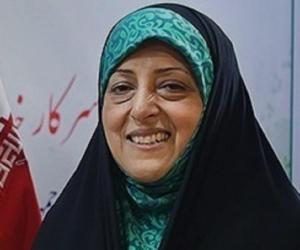
Cesar Milstein was an Argentine biochemist renowned for his work in antibody research. He is credited with developing the Hybridoma technology, a method to produce identical antibodies in large numbers, for which he was honored with the prestigious Nobel Prize in Physiology or Medicine in 1984. He also received several other awards, including the Copley Medal in 1989.
Ian Frazer is an immunologist who is credited with developing the technology behind the HPV vaccine. He is also credited with founding the Translational Research Institute, which aims at transforming scientific discoveries into useful applications for practice. Over the years, Frazer has received several prestigious awards, including the Australian Biotechnology Award.
Baruj Benacerraf was a Venezuelan-American immunologist whose discovery of the MHC genes earned him the prestigious Nobel Prize in Physiology or Medicine in 1980; he shared the prize with George Davis Snell and Jean Dausset. Over the course of his illustrious career, Benacerraf received several other awards, such as the National Medal of Science in 1990.
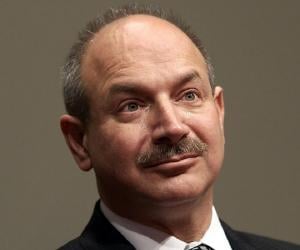
Immunologist Bruce Beutler is best known for his Nobel Prize-winning research on the innate immune system of the human body. The son of a scientist and physician, he was a child prodigy and graduated at age 18. He grew up to be associated with institutes such as the Scripps Research Institute.
Renowned immunologist Gustav Nossal was born in Vienna but later moved with his family to Australia to escape the Nazi reign. A University of Melbourne professor, he was later knighted for his work. He has also passionately worked to ensure the public health of marginalized communities.
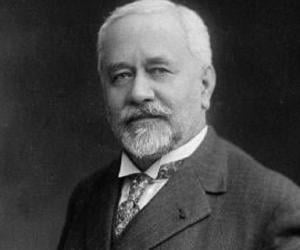
Albert Calmette was a French bacteriologist, physician, and immunologist. He is credited with discovering the Bacillus Calmette-Guérin. He is also credited with inveting the first antivenom for snake bites. Albert Calmette also helped develop amylolysis, which was used extensively in industrial brewing.
Rolf M. Zinkernagel is a Swiss professor who teaches Experimental Immunology. In 1996, he was honored with the prestigious Nobel Prize in Physiology or Medicine for his work pertaining to the immune system. In 1999, his scientific work also earned him Australia's highest civilian honor, the Companion of the Order of Australia.
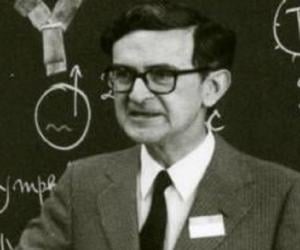
Niels Kaj Jerne was a Danish immunologist best remembered for winning the 1984 Nobel Prize in Physiology or Medicine alongside César Milstein and Georges J. F. Köhler. Jerne, who made important contributions to the fields of Immunology and Microbiology, was also honored with the Marcel Benoist Prize and Paul Ehrlich and Ludwig Darmstaedter Prize in 1978 and 1982 respectively.
British biochemist Rodney Robert Porter, CH, FRS, FRSE, is best-known for determining chemical structure of an antibody for which he received Nobel Prize in Physiology or Medicine (shared with Gerald M. Edelman) in 1972. He served at NIMR, as Pfizer Professor of Immunology at St. Mary's Hospital Medical School and as Whitley Professor of Biochemistry at the University of Oxford.
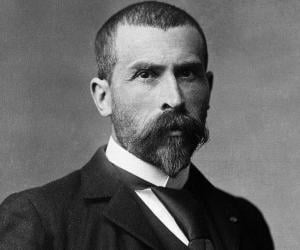
Pierre Paul Emile Roux was a French bacteriologist, physician, and immunologist. A close collaborator of Louis Pasteur, Roux was responsible for the Pasteur Institute's production of the famous anti-diphtheria serum. Credited with founding the field of immunology, Pierre Paul Emile Roux also investigated chicken-cholera, cholera, tuberculosis, and rabies. He was honored with the prestigious Copley Medal in 1917.
Jean Dausset was a French immunologist best remembered for winning the 1980 Nobel Prize in Physiology or Medicine. He won the award along with George Davis Snell and Baruj Benacerraf. Jean Dausset is also remembered for founding the Human Polymorphism Study Center in 1984.
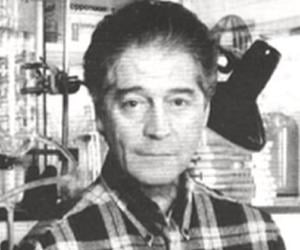
Jacques Benveniste was a French immunologist who served as the head of inflammation immunology and allergy at INSERM, the French National Institute of Medical Research and Health. Jacques Benveniste is also credited with founding a company called DigiBio in 1997.
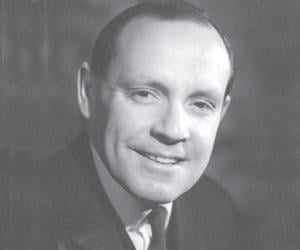
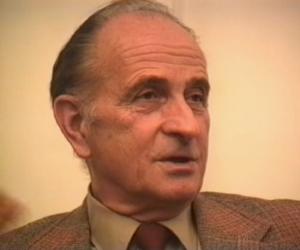
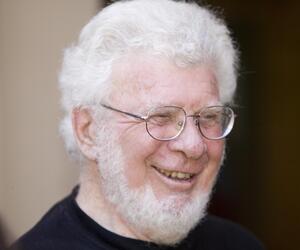
Leonard Herzenberg was an American geneticist, immunologist, and professor at Stanford University. He is best remembered for his work in the field of cell biology. Over the course of his illustrious career, Leonard Herzenberg received several prestigious honours and awards, including the Kyoto Prize and the American Association of Immunologists Lifetime Achievement Award.
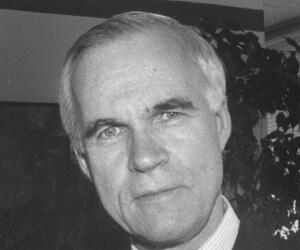
Lloyd J. Old was an American scientist best remembered as one of the founders of the field of cancer immunology. During his lifetime, Old wrote or co-wrote over 800 research publications. He also worked as a teacher and served as a mentor for many young scientists. Lloyd J. Old was the recipient of many prestigious awards, including the President's Medal.

A pioneer of modern immunology, Robert A. Good was partially paralysed in his younger days and completed his medical studies in a wheelchair, though he mostly recovered later. He was the man behind the first bone marrow transplant in the world. He later won the Lasker Award, among other honors.
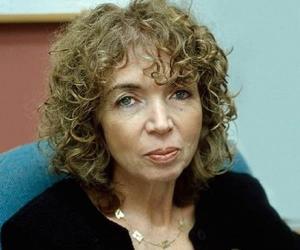
Michal Schwartz is an Israeli neuroimmunologist who is currently a professor of neuroimmunology at the Weizmann Institute of Science. She also holds the Ilse Katz Professorial Chair in Neuroimmunology. Her works helped to expand the field of immunology in neuroscience, and she discovered new roles for immune cells in neurogenesis.

Theron Randolph was an American physician, researcher, and allergist. He is best remembered for conducting studies on chemical sensitivities, food allergies, and preventive care. Regarded as the Father of Clinical Ecology, Theron Randolph wrote more than 300 medical articles and four books during his lifetime.
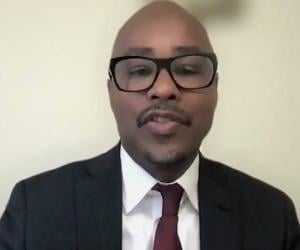
Avery August is a Belizean-born American scientist best known for his work in the field of immunology and T cells. In 2016, he was honored with the Ruth Kirschstein Diversity in Science award for his contributions to the field of molecular biology and biochemistry. Avery August is currently working as a professor of immunology at Cornell University.
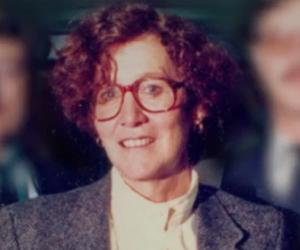

Frank J. Dixon was an American biomedical researcher who did pioneering research into diseases of the immune system that can damage other organs of the body. He is also remembered for having developed techniques to study proteins. Frank J. Dixon is also credited with co-founding the Scripps Research Institute, where he served as the director. He won several prestigious awards, including the Lasker Award.


Max Samter was a German-American immunologist best remembered for identifying the triad between aspirin allergy, asthma, and nasal polyps. Thanks to his discovery, this particular medical triad or syndrome is named after him.

William Pollack was a British-born American immunologist best remembered for developing the Rho(D) immune globulin vaccine that fights against Rh disease. His vaccine, which was introduced in 1968, eliminated cases of Rh disease in many countries. Prior to the introduction of the vaccine, Rh disease was responsible for nearly 10,000 infant deaths annually in the USA alone.
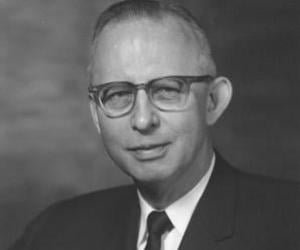
Merrill Wallace Chase was an American immunologist best remembered for discovering cell-mediated immunology. He discovered that white blood cells were important agents of the immune system. Merrill Wallace ChaCse's discoveries laid the foundation for later research that identified the role of T cells, B cells, and other kinds of white blood cells.

Eli Sercarz was an American immunologist who held academic positions at the University of California, Los Angeles between 1963 and 1997. The studies carried out by Sercarz on the B cell and T cell responses to defined determinants of lysozyme molecules influenced the thinking of numerous immunologists. Over the course of his career, Sercarz was honored with several prestigious awards, including the Nachman International Prize in Rheumatology.

Tomio Tada was a Japanese Immunologist who served as the president of the Japanese Society for Immunology from 1985 to 1988. He founded the journal 'International Immunology' in 1989 and served as Editor-in-Chief until 2000. Tomio Tada also served as the president of the International Union of Immunological Societies from 1994 to 1997.

Reuben Leon Kahn was an American immunologist best remembered for his investigations of blood reactions. His investigations paved him the way to come up with an efficient test for syphilis. In 1933, Reuben Leon Kahn was honored with the prestigious Newcomb Cleveland Prize.
